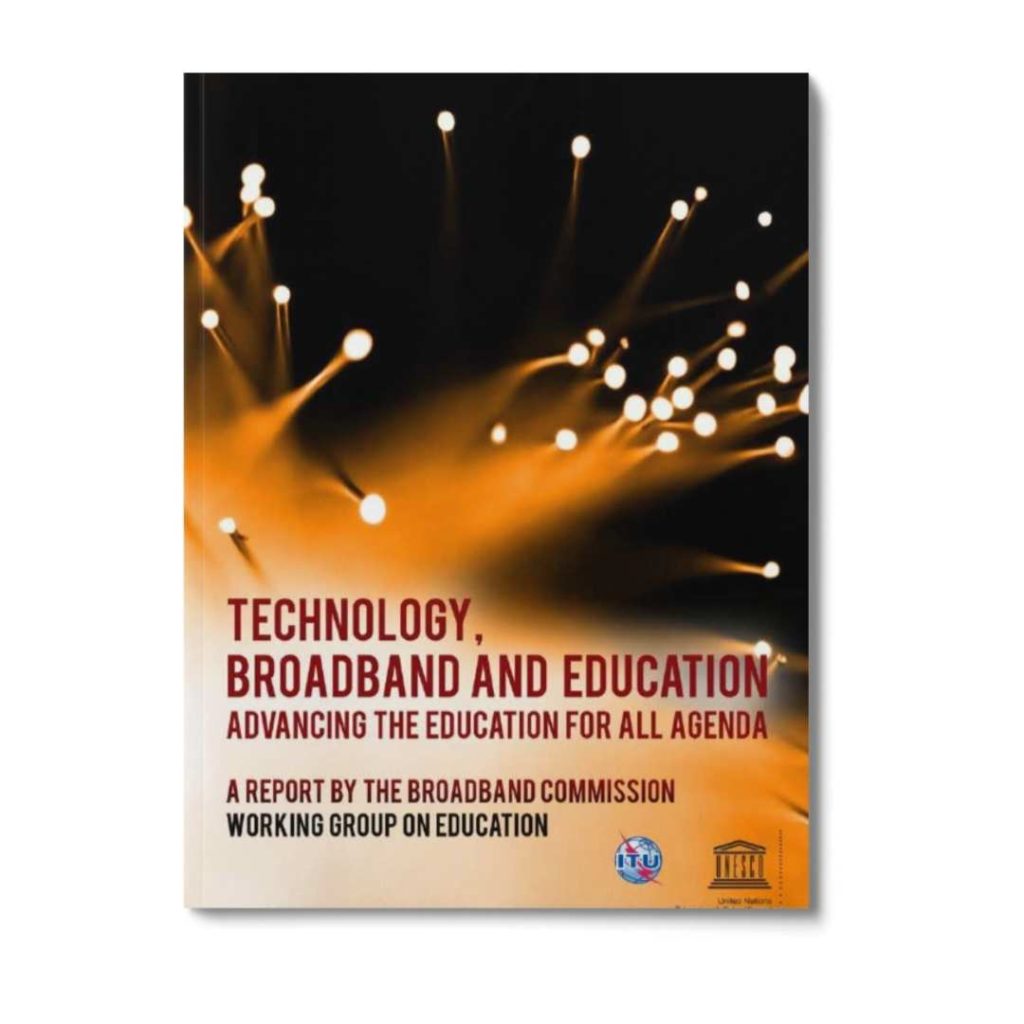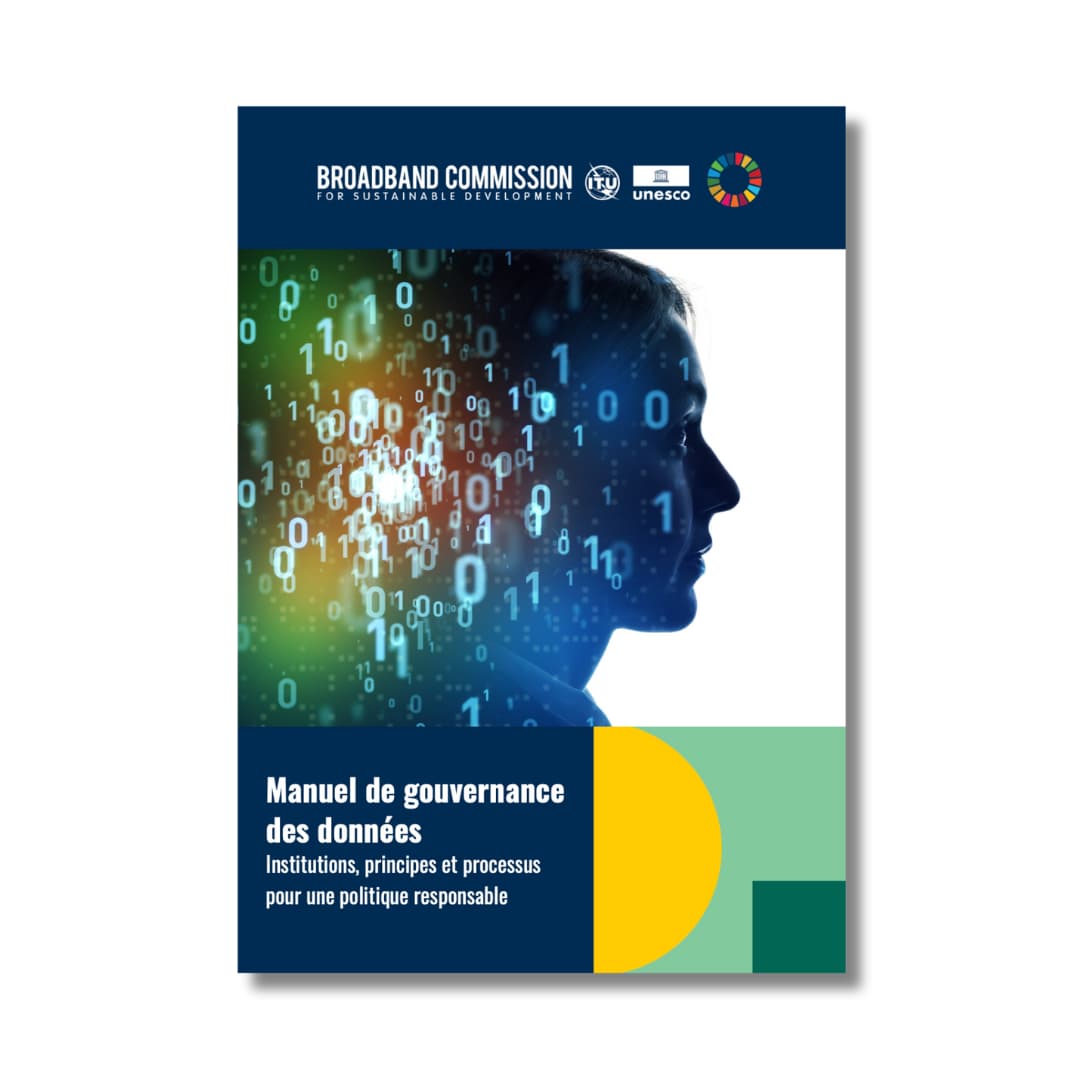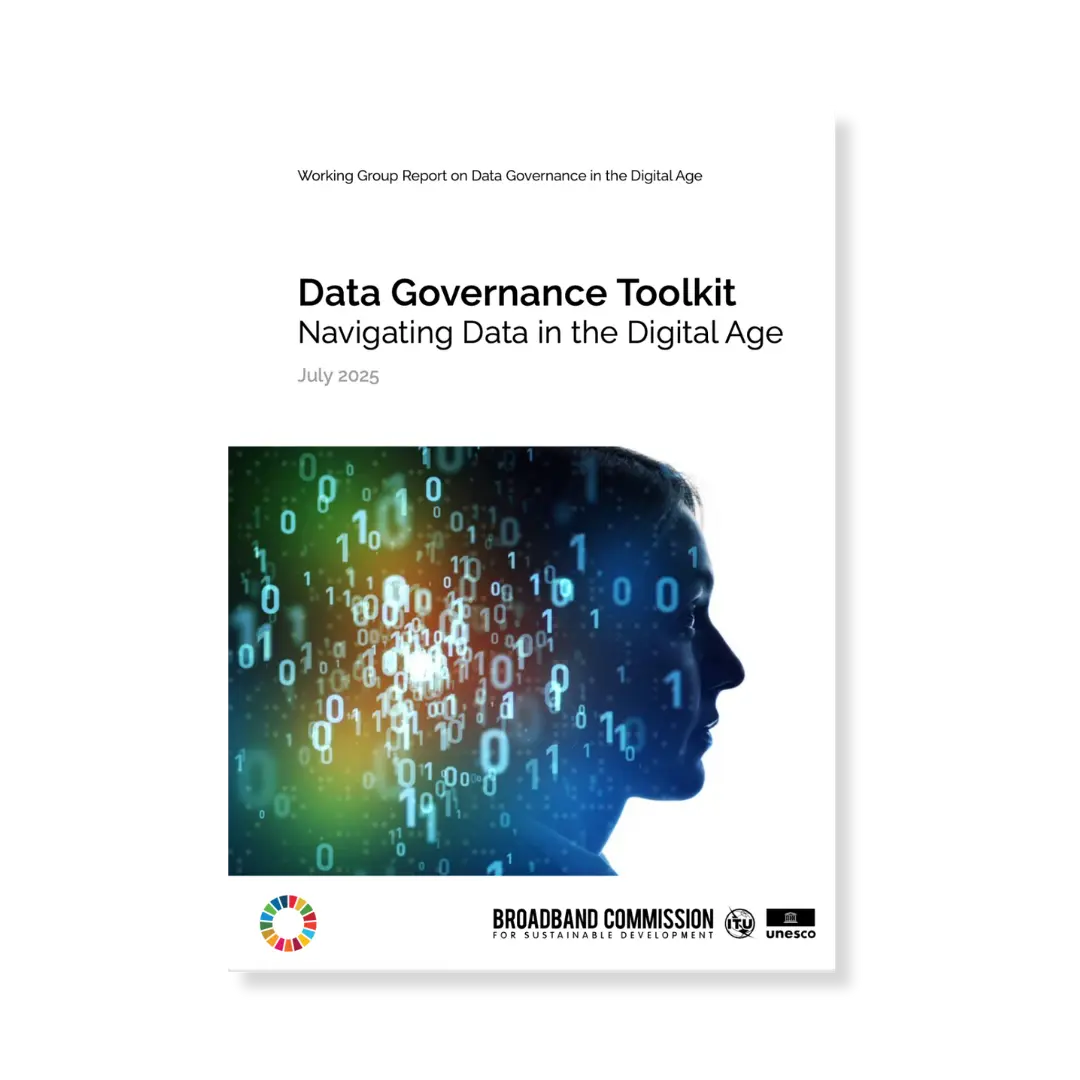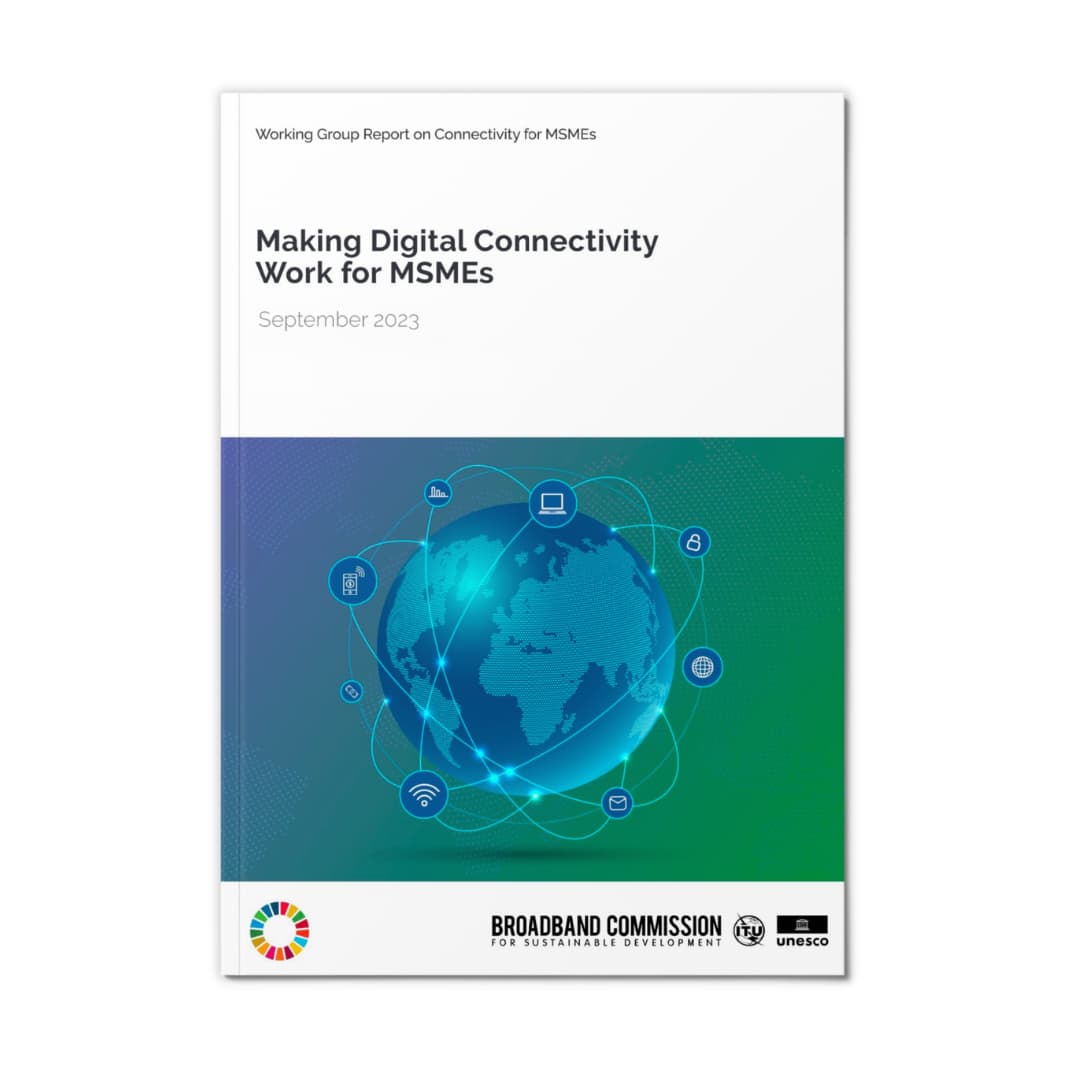Broadband technologies continue to expand our horizons, pushing back frontiers of time and knowledge, and overturning long-established precepts and outdated ways of doing things. The ability of broadband to improve and enhance education, as well as students’ experience of education, is undisputed. A good and well-rounded education is the basis on which future livelihoods and families are founded, and education opens up minds, as well as job prospects.
The report begins with a brief overview of the rationale for expanding and improving the use of ICTs in education. It stresses that participation in the global economy is increasingly dependent on the 21st-century skill of navigating the digital world. However, traditional school curricula tend to prioritize the accumulation of knowledge above its application, and many systems fail to adequately train students in how to become responsible digital citizens, or prepare them to sustain their employability throughout their lives in a knowledge economy.
Expanding access to, and proper use of, ICTs will solve this challenge, while at the same time increasing the efficiency of school systems, improving teacher training and resources, and extending learning opportunities beyond the classroom and to disadvantaged groups. Governments – in developing countries in particular – need to explore ways to bridge the digital divide and implement policies that encourage increased investment in ICT in education.
Throughout the report, and in the case histories contained in the Appendix, there are concrete examples of these strategies in action.




